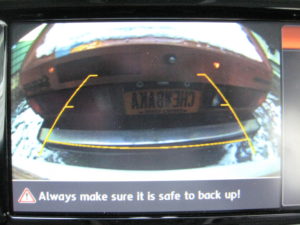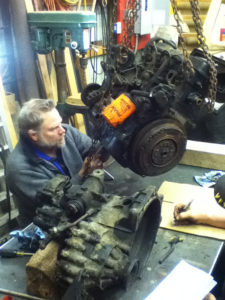The winter of 2014 – 2015 proved that adaptation to climate change is going to be a lot more difficult than most of us imagine. The pain really didn’t start until after Christmas, when we all ran into the practical problems of climate change, not just policy disputes. Heartache, not just headlines.
Where ever we live, we begin with a baseline of sorts: what we are accustomed to in terms of our experience with housing, social networks, finances, and our transportation infrastructure. Consider it our heritage baseline, and as our climate warms, our lives within this heritage baseline are becoming more challenging. Wetter over here, dryer over there. Colder longer here, way warmer there.
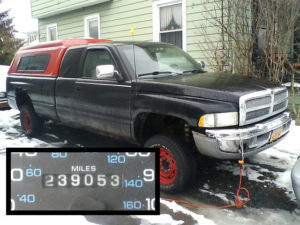
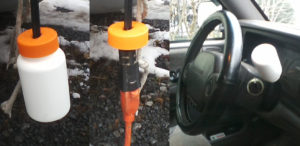
Storms are coming along more often and getting more intense; so our sea-side communities are stressed. Rising temperatures and droughts in our key agricultural regions are compounded by changing growing periods. And increasingly, invasive species of plants and animals are showing up in these vitally important food production areas, organisms that seriously degrade ecosystem services.
What about you and me? How do we adapt when America has left us behind? Like everyone else, we are basically no longer in the middle class. We’ve had no increase in our wages and live paycheck to paycheck, jumping the seasons with credit cards, holding our breath when health insurance coverage runs out, and trying to stay ahead of our bills. What if we could decrease the money we spend on gasoline and reduce our carbon footprint at the same time?
Keeping ourselves on the road with a smaller carbon footprint is not easy. One step we’ve taken to stay afloat is to change our mode of transport: we’ve switched to diesel. Here in the rust belt it is difficult to keep cars going much longer than 100k miles, and the regular engine and drive-train failures that keep happening when cars get that far along really hurt. Our diesels are old, sure, but they’ve proven to be very rugged!
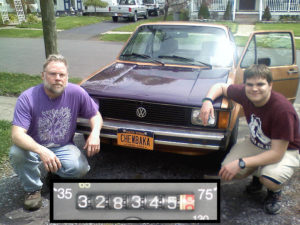
Our two older vehicles together cost less than $4,000. Our more modern vehicle – a 2006 Golf MK5 – is a turbo diesel (TDI) and much more complex to work on. So when we needed some engine work done on it last December we turned to Burdick VW, in Cicero, NY. Art and Trevor were a big help!
